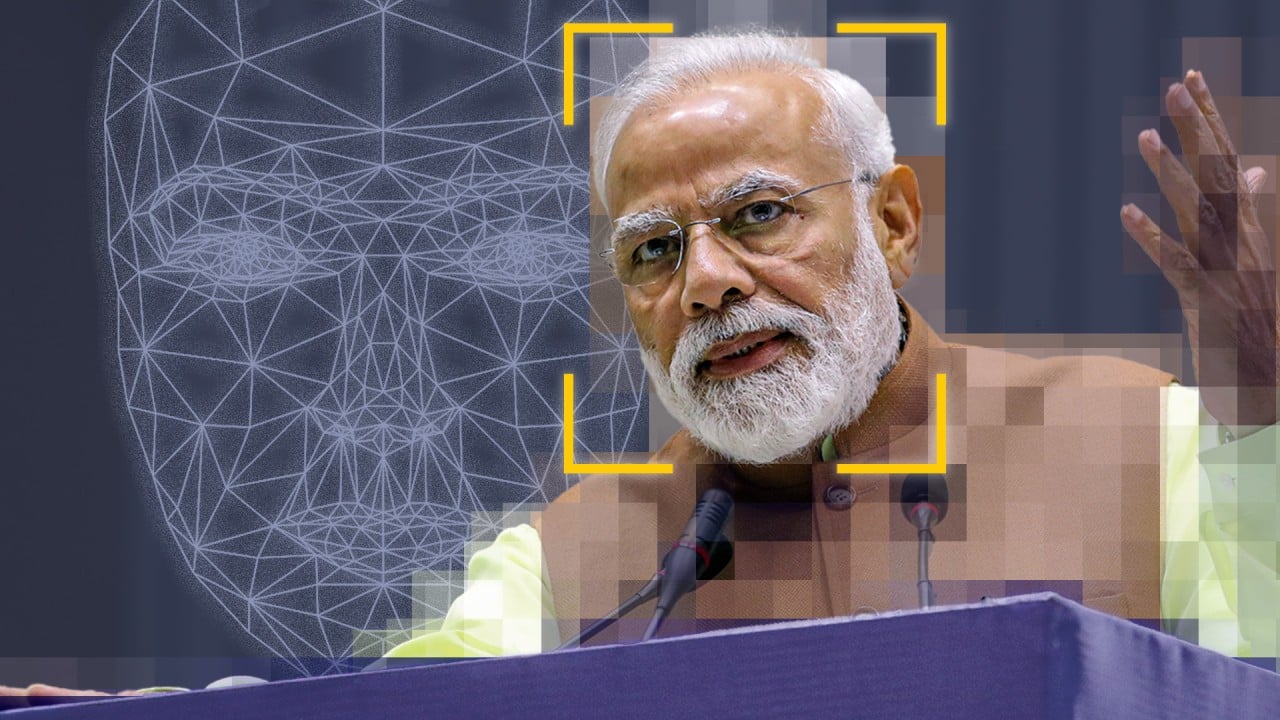Across Asia, the rise of artificial intelligence is posing a dilemma for democracy. From the Philippines to South Korea, governments and politicians are grappling with the double-edged nature of AI: its capacity to spread disinformation, but also to improve voter engagement, streamline campaigns, and enhance election administration.
Advertisement
While fears of AI-driven deepfakes and propaganda are legitimate, an overemphasis on risks could obscure the technology’s potential to strengthen democratic processes, according to a new report from the Council of Asian Liberals and Democrats and Manila-based polling firm WR Numero.
The policy paper argues that ignoring the opportunities could leave “democratic and liberal parties at a disadvantage as opposing political forces and other industries embrace AI”.
AI is already revolutionising Asia’s elections and politics, changing how campaigns are run and “reshaping the entire electoral process”, said Cleve Arguelles, a political scientist and CEO of WR Numero. But, he added, “with these new opportunities come significant challenges we need to address.”
“Technology waits for no one,” warned Cambodian senator Mardi Seng, chair of CALD and a member of the liberal Khmer Will party, at the report’s launch on December 4. Seng stressed the urgency for governments to adopt AI to avoid being left behind.
Advertisement


